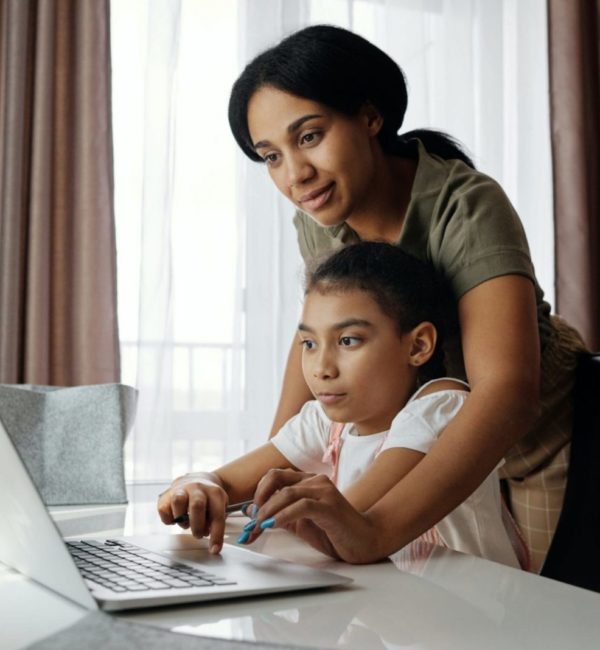Even in the best of times, being a parent – while joyful and fulfilling – is hard work. Remote learning caused by the COVID-19 pandemic has made parenting harder in general, but especially for parents of children who learn differently or need specialized supports and services. These parents may find themselves juggling an untenable number of roles: teacher, speech therapist, occupational therapist, and more. They cannot do it alone and must rely on strong communication and collaboration with teachers to set their children up for success.
Parent-educator partnerships are a fundamental component of the national Individuals with Disabilities Education Act (IDEA), which governs educational supports for students with disabilities and developmental delays. Educators have vast knowledge of teaching and learning, while parents have a unique understanding of their child’s strengths and needs. Both contributions are essential for effectively supporting diverse learners under the best of circumstances but are critical for an e-learning environment.
Parents and educators alike must first understand the basic guidelines for remote instruction of students with disabilities. If a child has special education supports and services, schools are legally required to provide those services. There is, however, flexibility in how these services can be provided. While not ideal, services that are typically hands-on, such as physical therapy and occupational therapy, may have to be provided virtually.
If you are a parent of a child who benefits from special education services, remote learning services amidst the pandemic likely means increased engagement on your part. This includes actively participating in online instruction side-by-side with your child. To do this effectively, you can learn from special education providers how to implement effective strategies at home, and how to advocate for your child in new ways. Understand that some strategies will work while others will not. Realize that the types and amount of services your child benefited from in person may need to change in a remote learning environment. Know that you can ask for an IEP (Individualized Education Program) meeting and request necessary adjustments. With so much change, your child’s IEP may need to change too, at least temporarily.
There are also many tactics you can utilize at home to support a child’s learning. First, start with their environment. Find a quiet spot away from foot traffic, be aware of visual distractions, and provide flexible choices for seating. Support a child’s executive functioning and self-regulation (skills related to planning and carrying out tasks), by using visual schedules or checklists to help children anticipate and plan out their day.
Second, clearly communicate to your child’s teacher that you want to work collaboratively with them. Establish a consistent system of communication and take notes on what seems to be working, as well as any challenges you encounter on a day-to-day basis so you can share specific details. This will better enable your child’s teacher to effectively brainstorm and provide useful ideas and suggestions.
Ask the teacher for a copy of your child’s schedule or create your own using online icons by drawing simple pictures. Visual timers can help children complete their work in a timely fashion. While sometimes discouraged in classrooms, fidgets (small hand-held devices) may be more welcome and acceptable in children’s homes and can promote focus. Parents can support reading and writing by making it fun and rewarding and by using a variety of pencils and grips to support a functional grasp.
Lastly, and perhaps most importantly, parents and teachers should give each other, and their children or students, grace during this time. This is a good opportunity to share expertise, appreciate each other’s knowledge and efforts, and recognize that while school may look different in classrooms versus homes, our children are learning with us and from us every day.
Pamela Epley, PhD, is an Associate Clinical Professor at Erikson Institute, a graduate school specializing in child development

Join the Erikson family with monthly news + events updates shared by academics, community members, and families.